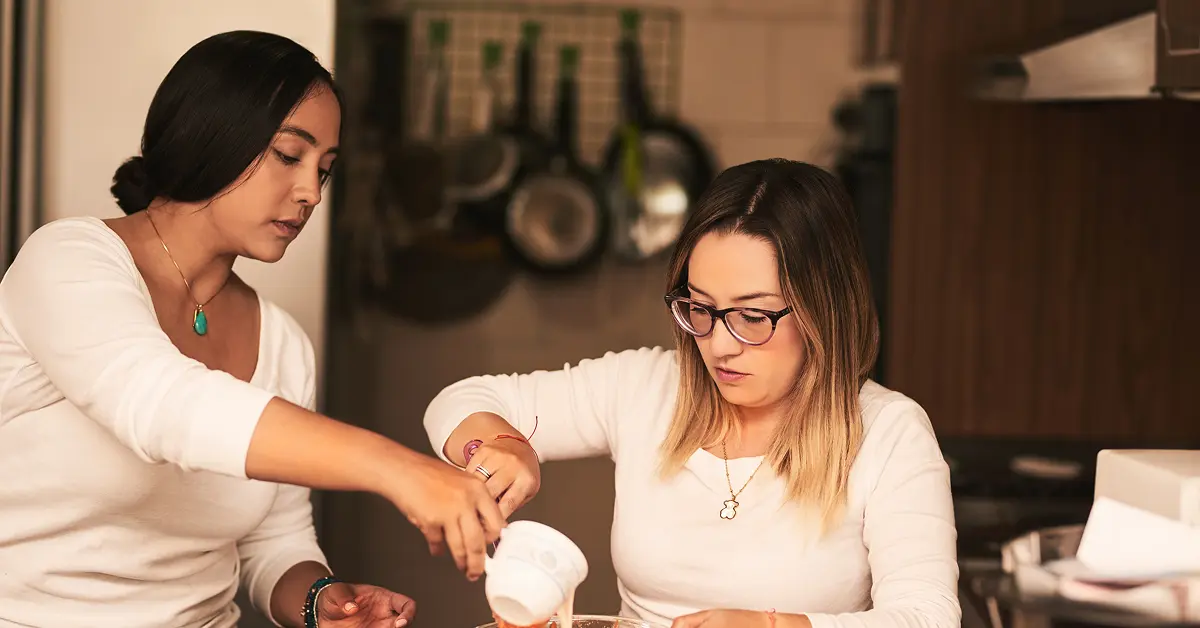Becoming a caregiver for your spouse is one of the most loving yet challenging roles one can take on. Whether your partner is suffering from a chronic illness, disability, mental health issue, or age-related condition, caregiving brings emotional, physical, and financial demands. In India, where joint families and traditional caregiving roles are evolving, many spouses find themselves navigating this responsibility with limited guidance.
In this blog, we’ll explore practical steps, emotional considerations, legal and financial planning, and available resources to help you become an effective and compassionate caregiver for your husband or wife.
Understand the Nature of Caregiving
Before you take on the role, understand what caregiving involves:
- Daily Assistance: Helping with bathing, dressing, eating, or mobility.
- Medical Management: Administering medicines, attending doctor appointments, and handling medical records.
- Emotional Support: Providing companionship, managing mood swings, and coping with mental health challenges.
- Financial Oversight: Managing household budgets, medical expenses, and possibly reduced income.
Accept the Emotional Impact
Caring for a life partner can be emotionally overwhelming. You may feel:
- Guilt for not doing enough
- Frustration due to role changes or their medical condition
- Isolation due to lack of time for social connections
- Burnout from prolonged stress
Acknowledge these emotions without judgment. Emotional well-being is crucial to be a strong caregiver. In India, where mental health is still a taboo topic in many homes, talking to a counselor or joining a support group (even online) can be a healthy outlet.
Create a Daily Routine
A well-planned daily schedule can ease both your lives. Include:
- Medication timings
- Meal and hygiene schedules
- Therapy or doctor appointments
- Time for relaxation or spiritual practices
For example, in India, incorporating morning puja or evening bhajan can bring emotional peace to both partners.
Tip: Use Indian apps like Practo, 1mg, or Cure.fit for reminders and online consultations.
Prioritise Communication
The dynamics between spouses shift during caregiving. To maintain a healthy relationship:
- Talk openly about needs and fears
- Avoid assuming they always need help—ask first
- Respect their dignity and preferences
- Use gestures of love—like listening, hand-holding, or sharing a memory
Seek Help and Don’t Try to Do It Alone
In India, many caregivers hesitate to ask for help, thinking it’s their sole responsibility. But caregiving is not a one-person job.
- Family Support: Engage your children, in-laws, or siblings.
- Professional Help: Hire home nurses or part-time caregivers. Services like Portea, HealthCare atHOME, and Zorgers offer trained staff.
- Government Resources: Schemes like Rashtriya Vayoshri Yojana or Ayushman Bharat can assist with elderly care devices and hospital expenses.
Even a few hours of respite can recharge you.
Learn Basic Medical Skills
Caregiving for a spouse with a health condition may involve tasks such as:
- Checking blood pressure or sugar levels
- Helping with physiotherapy exercises
- Managing feeding tubes or catheter care
You don’t need to be a doctor. But basic skills, which you can learn from hospital staff or YouTube videos in Hindi or regional languages, can boost your confidence and ensure better care.
Plan Financially
Caring for a spouse often impacts the household income—especially if one or both partners stop working.
- Budget for Expenses: Track medical bills, caregiving costs, transportation, etc.
- Health Insurance: Ensure your spouse is covered under a comprehensive health plan like Star Health or Niva Bupa.
- Government Benefits: If your spouse is disabled, check if they qualify for Disability Pension or state-level support.
- Emergency Fund: Build a buffer for unexpected medical situations.
Maintain Your Own Health
The caregiver’s health is often neglected. But if you fall sick, who will care for your spouse?
- Eat regular, balanced Indian meals (dal, sabzi, roti, curd)
- Get at least 6–7 hours of sleep
- Take out 15–30 minutes daily for yoga, walking, or breathing exercises
- Don’t skip medical checkups
Self-care is not selfish. It’s survival.
Know Your Legal Rights
In India, caregiving is often informal, but some legal steps can protect both of you:
- Medical Power of Attorney: So you can make health decisions when needed.
- Will or Estate Planning: Ensure your spouse’s wishes are documented.
- Disability Certificate: For benefits and tax deductions under Section 80U or 80DD.
- Guardianship (if required): Especially in severe mental or neurological conditions.
Consult a lawyer who deals with elder or disability rights to safeguard your family.
Celebrate Small Wins
Every step forward counts:
- A pain-free day
- A smile from your partner
- A successful therapy session
- A peaceful evening walk together
These little joys bring purpose and light to the journey. Even when things are tough, your love and care make a difference.
Conclusion
Being a caregiver for your spouse is a sacred responsibility that requires strength, patience, love, and knowledge. In Indian families, where caregiving is often taken for granted, it’s important to acknowledge the dedication it demands.
You don’t have to be perfect—just present. By seeking support, planning smartly, and caring for yourself, you can offer your partner a life filled with dignity, warmth, and togetherness.
If you’re a caregiver spouse in India, remember: you’re not alone, and your role is deeply valued.
Contents
Our 24*7 services
Latest Posts
- What Is Respite Care and Why Is It Important
- Affordable home care for senior citizens in India
- Caring for Seniors with Dementia or Alzheimer's at Home
- Senior Caregiving A Guide for Every Family
- How to Write a Caregiver Resume That Gets You Hired
- How Care After Hospital Discharge Speeds Up Recovery at Home
- How to Get Home Health Care for Seniors Through Medicare
- What Does a Senior Citizen Caregiver Really Do at Home
- How to Care for Elderly Parents with Alzheimer’s or Dementia
- How to Get 24-Hour Care for Seniors at Home



